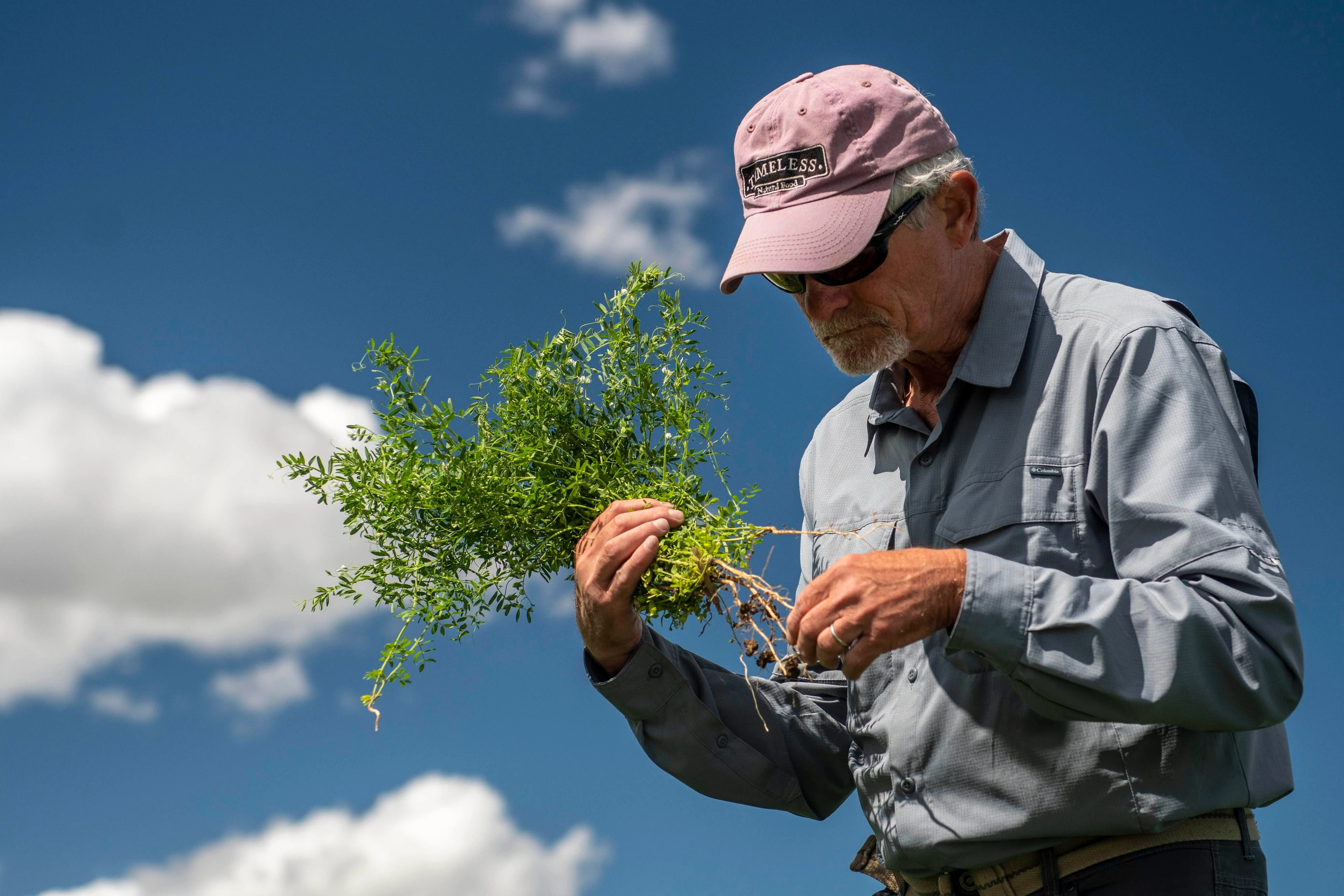Sustainability in Agriculture: A Focus on Regenerative Organic Practices in Montana

The Rise of Regenerative Organic Farming
Sustainability in agriculture has become a focal point in recent years, with regenerative organic farming emerging as a leading movement. In Montana, regenerative organic certified practices are revitalizing the farming landscape. This innovative approach to agriculture focuses on improving soil health, enhancing biodiversity, and boosting carbon sequestration.
Why Regenerative Organic Practices Matter
- Boosting Soil Health: Regenerative practices improve nutrient cycling and soil structure.
- Promoting Biodiversity: Diverse crops lead to healthier ecosystems.
- Increasing Organic Food Demand: With organic food sales rising, demand for regenerative methods is growing.
The Future of Organic Foods in Montana
As less than 2% of US farmland is currently organic, the need for innovative solutions is paramount. The future of organic farming in Montana relies on widespread adoption of regenerative practices. This shift is not just beneficial for farmers but also essential for consumers seeking sustainable options.
This article was prepared using information from open sources in accordance with the principles of Ethical Policy. The editorial team is not responsible for absolute accuracy, as it relies on data from the sources referenced.